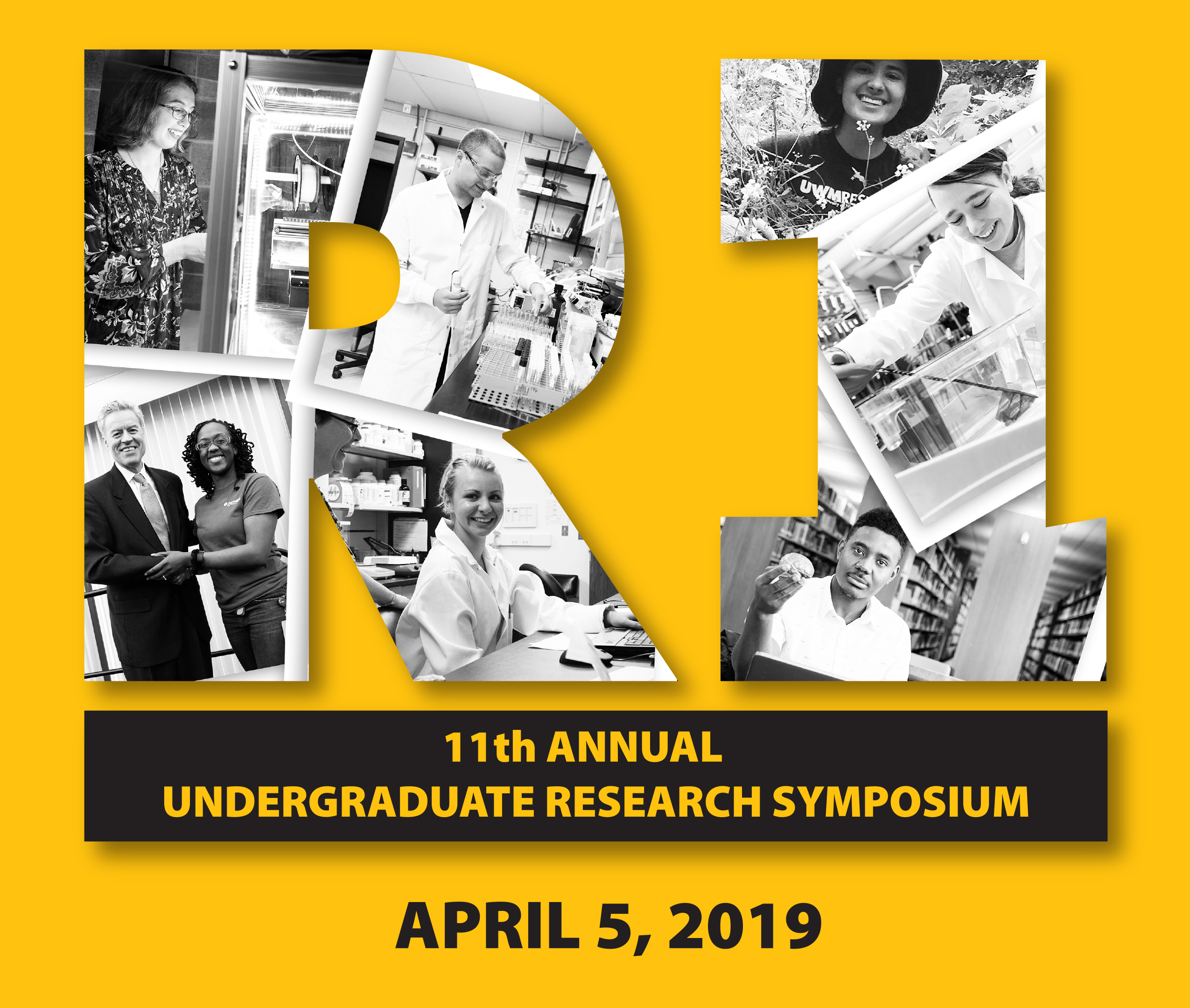Framework for End-of-Life-Cycle Assessment for Electronics using Fuzzy Logic
Mentor 1
Wilkistar Otieno
Location
Union Wisconsin Room
Start Date
5-4-2019 1:30 PM
End Date
5-4-2019 3:30 PM
Description
Environmental sustainability is gaining greater momentum in the sector of manufacturing and business due to increased recognition of climate change. In an aim to steer the population to be more environmentally sustainable, consumer goods are re-evaluated not only to become more profitable, but to decrease their environmental footprint. One technique to accomplish this is analyzing a products’ life-cycle. Life-cycle assessment is rapidly being used by companies to understand the explicit and implicit inputs and outputs of a product or system. Life cycle assessment for products is an important step for ensuring a circular economy, where manufacturers and consumers alike are aware of the front-end and back-end environmental implication of what they make and consume respectively. This research project will explore the end-life of electronic products by creating an end-of-life-cycle framework using fuzzy logic. Fuzzy logic formalizes human reasoning by mathematically webbing out factors going into a decision process to produce a crisp value that aids in decision making. The life-cycle assessment of an electronic, specifically its end-life, requires the complex capabilities of fuzzy logic which considers conditional, subjective and less predictable deterministic behaviors. The future of a product is very much dependent on its consumer, the economics, the society and producer-consumer relationship. The goal of the research project is to use fuzzy logic to determine the degree of membership for numerous factors that play into the end-of-life-cycle assessment of electronics. The broader goal of this research project is to work toward developing a decision support tool that can assess the environmental sustainability for a plethora of products.
Framework for End-of-Life-Cycle Assessment for Electronics using Fuzzy Logic
Union Wisconsin Room
Environmental sustainability is gaining greater momentum in the sector of manufacturing and business due to increased recognition of climate change. In an aim to steer the population to be more environmentally sustainable, consumer goods are re-evaluated not only to become more profitable, but to decrease their environmental footprint. One technique to accomplish this is analyzing a products’ life-cycle. Life-cycle assessment is rapidly being used by companies to understand the explicit and implicit inputs and outputs of a product or system. Life cycle assessment for products is an important step for ensuring a circular economy, where manufacturers and consumers alike are aware of the front-end and back-end environmental implication of what they make and consume respectively. This research project will explore the end-life of electronic products by creating an end-of-life-cycle framework using fuzzy logic. Fuzzy logic formalizes human reasoning by mathematically webbing out factors going into a decision process to produce a crisp value that aids in decision making. The life-cycle assessment of an electronic, specifically its end-life, requires the complex capabilities of fuzzy logic which considers conditional, subjective and less predictable deterministic behaviors. The future of a product is very much dependent on its consumer, the economics, the society and producer-consumer relationship. The goal of the research project is to use fuzzy logic to determine the degree of membership for numerous factors that play into the end-of-life-cycle assessment of electronics. The broader goal of this research project is to work toward developing a decision support tool that can assess the environmental sustainability for a plethora of products.


